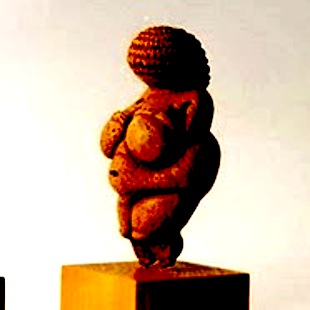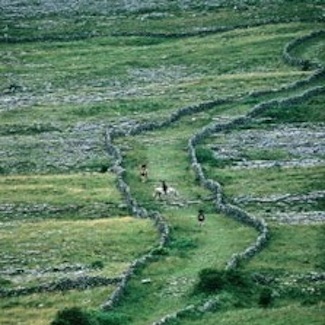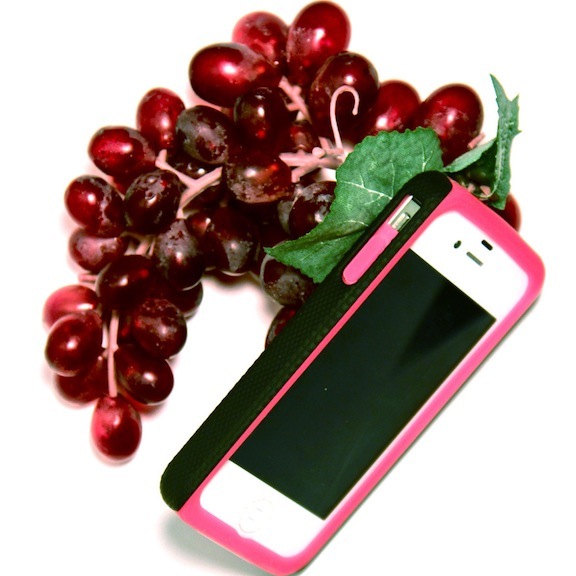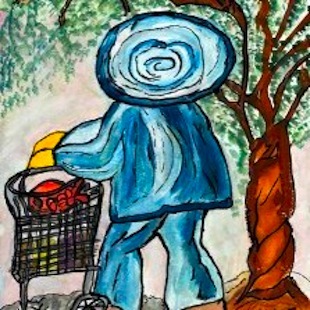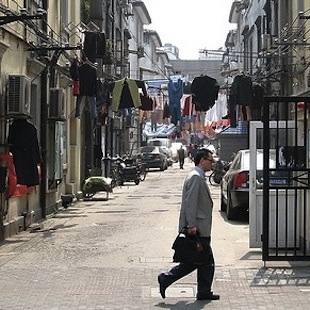I.
For those who’ve heard a loved one gone
To visit that city and take the drive that got them lost
Visit here
The city has a name, but it’s different for everyone
I pronounce it in this way:
Ning like ning – that’s easy
Bo like bwuoh – that presents a challenge
You may know it in another way entirely.
Ah, the billion nameless hungry faces
And one lonely greasy girl steps forward
“Stay here while I fetch you a drink of water”
“Make yourself comfortable”
Drink it fast,
The cup won’t last long…
Faster, I mean it!
“This is the city of the thinnest paper.”
Once there, she’ll ask you to please
Not to disrupt the ritual
With your visible, drippy sobs
Eat any food that is offered to you and you’ll enjoy this
First contact, congratulations, explorer!
In this moment you are a superhero – God Grief – that’s it
Serious, staid and steadfast over all things human, in the famed city
II.
A shortening. A quickening.
Hot throat and all the internal vomits
The effect of speed on the inner ear and the return…to…stationary.
The ocular lens-clock tightens
Makes any music inappropriate
As sense bandwidth is strictly rationed
By burlap monks with spiny fingers, dirty nails
They crave silence and nobody minds skin irritation
They work on narrowing, calibrating a beam of laser light
However an occasional peek at cartoons is forgivable,
Especially since the one who is dead cannot be reached via laser
These negotiations continue
While flash is as small as starlight
“This is what it feels like” is stupidum say the monks
Torture, torch you’re, the tortured
Blank plank adrift upon furious frothy action
Then the risen smack of the real moment (y) and real place (x)
God Grief is lost in Ning (ning) Bo (bwuoh)
Stretching his hamstrings like an oblivious runner
III.
My sister is too beautiful for most
Her goatherd tragedy spoken in smooth lines that dilate
I weep to hear her latest news
She walks around the blind city
A city of too many rabbit holes
“This is the city of the most ways to get lost”
She is my walking talking potential eternal sadness
The child whose smiley-face egg, once broken, shatters me
The huddled woman whom God Grief has sworn to protect
One glance into her eyes deletes the Hero’s mechanism
And sends them tumbling down a taxi-cab, flying in a light cascade
One glance spits them out into the river
(Escape is a delicious apple
A moondance Gravitron whirl of limbs
Wide, wide open to the free flow of esteem-less sex
Drink to smoke to breathe to bathe
Negating pent up penthos pours
If all are lost along the way, that’s fine)
Grief visits Beauty
The combination is deadly swollen
Each offering the other’s knife sharpener
Metal running along stone
The city towers were never so high as tonight
Each one wears a different fascinator
IV.
The crowd forms
A long line on the sidewalk
It must be something good
For them to wait so long
Take a look through the shop windows –
Ah, but the sun’s glare.
One girl in line
Erupts in laughter
Throws her hand on the shoulder of the old man in front of her
And bounces bounce her bosom bounces
The old man chuckles
At the girl, heaving
At her breasts as they heave
At her buckteeth
At her breasts, at her buckteeth
At the reveal of skin
Above her pants below her shirt
Laughter belting out past
Her buckteeth and pouring
From her forged chest
And now everyone’s laughing
See, the sign on the door says:
“No More -This Is The City of Not Enough”
God Grief holds a Chinese churro
Dipped in soymilk
Barely tasting
Sweet, empty flavor.
Grief’s luck is strange like that…
V.
I held a shirt you wore and
All the time you wore it
A brooch was pinned to it
I removed it and put it on me
It is a heavy ceramic bust
I’ve gone through your things so many times
Look at me, I
Jingle with your many cameos
I found a hideous shell you liked
In your chest of things
Its spiky section hurt to hold
I’m starting to remember things about you that were less than friendly.
Still,
You.
The dead flesh speaks in conjugated color
Yell oh
Yel laugh
Yell ow
God Grief lost his ride along the Inner Ring highway.
Now he walks, carrying carrion.
VI.
Urgency emergence in the final tally
The march away from me
My last moment to haggle:
I would die for you, who is dying
I would live for you, who is dying
I cannot, so
I accept the quoted price
I’ll look for firm confirmations later
When it’s still –
The dam bursts and floods a vein of ochre
Mud coating all
The thinly coated citizens
They hug and scratch and even dance.
My sister is gone
Beauty is again, ready for anything
She lifts her new hand with a whir of pistons
God Grief mumbles about a sacred cleanup
Hopeless to the last transaction,
He wanders the city of Ningbo alone
Leaves the poem
Leaves, the poem, the city

